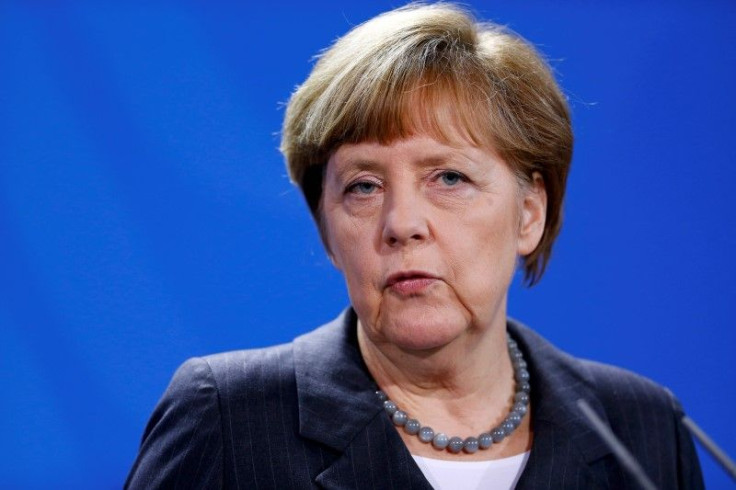Historic Iran Nuclear Deal: World Leaders React

After years of negotiation between world powers and Iran, the Joint Comprehensive Plan of Action regarding the Islamic republic's nuclear program was announced Thursday in Lausanne, Switzerland, with Iran agreeing to restrict its nuclear capacity in exchange for the lifting of international sanctions. Iran has agreed not to produce nuclear weapons and to convert its nuclear capacity into areas for research. Iran also has agreed to allow the International Atomic Energy Agency to monitor the provisions of the agreement, the specifics of which will be made final June 30.
World leaders reacted with cautious enthusiasm and concern.
"We are closer than ever to an agreement that makes it impossible for Iran to possess nuclear weapons," German Chancellor Angela Merkel said in a statement after the agreement was announced, reported Reuters.
"France will be watchful, as it always is in step with its partners, to ensure that a credible, verifiable agreement be established under which the international community can be sure Iran will not be in a position to have access to nuclear arms," President Francois Hollande said about the new June 30 deadline for a final deal, reported Reuters. Speaking on France 2 television from Lausanne, French Foreign Minister Laurent Fabius said, "This is a stage agreement that includes some incontestable positive developments, but there is still work to do."
"This is well beyond what many of us thought possible even 18 months ago and a good basis for what I believe could be a very good deal," British Foreign Secretary Philip Hammond said in a statement, according to Reuters. "But there is still more work to do."
United Nations Secretary-General Ban Ki-moon congratulated Iran and the six world powers -- the U.S., U.K., China, Russia, France and Germany -- for agreeing on the framework for the Iran deal, reported Reuters.
Israeli Intelligence Minister Yuval Steinitz sounded a warning, stating that although Israel would respond through diplomacy and intelligence initially rather than through military action should a nuclear-armed Iran became a threat, “if we have no choice, we have no choice ... the military option is on the table," reported Jewish Political News. He added, “The prime minister has said clearly that Israel will not allow Iran to become a nuclear power.”
PM Netanyahu: This deal would legitimize Iran's nuclear program, bolster Iran's economy & increase Iran's aggression & terror #IranTalks
- Mark Regev (@MarkRegevPMO) April 2, 2015© Copyright IBTimes 2024. All rights reserved.












